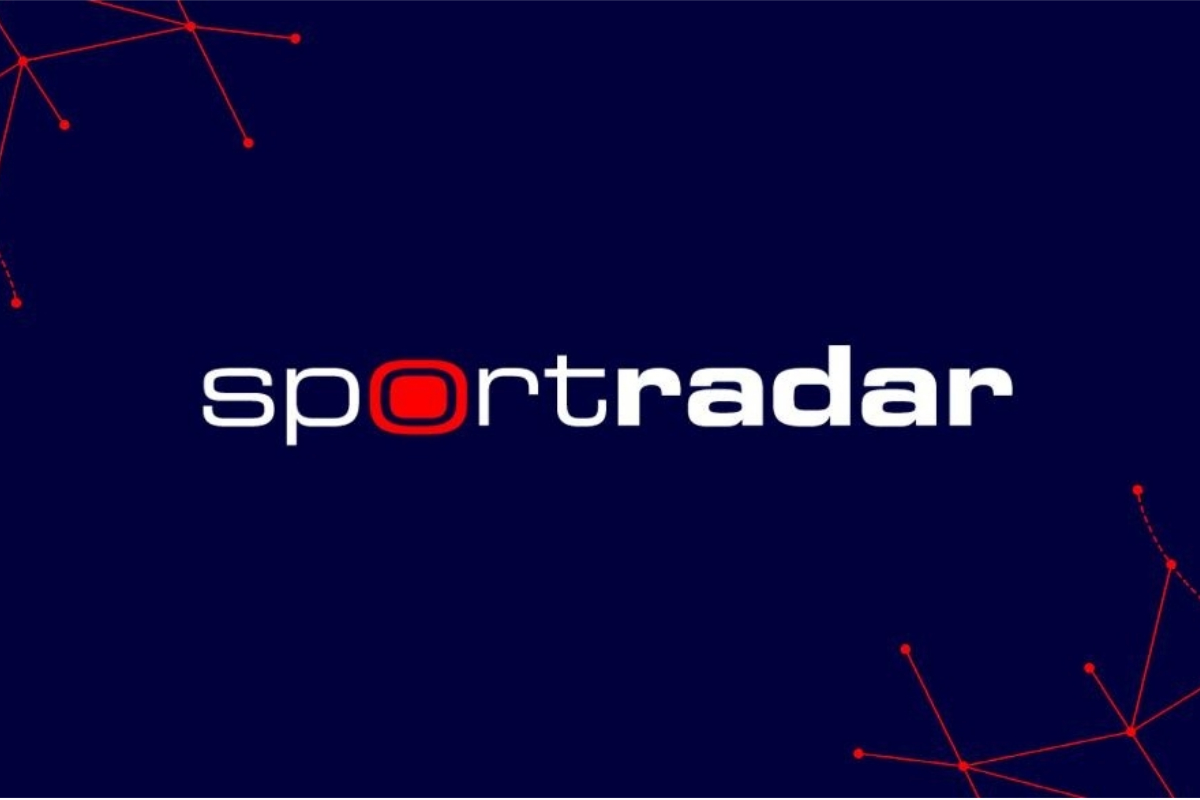
New medieval-themed Knights of Fortune enriches Spearhead Studios’ library
iGaming developer Spearhead Studios announces the launch of its new medieval-themed casino slot Knights of Fortune. The title is a 5×3 ways game with cascading re-spins, featuring a unique collection mechanic that will transport players back to the Middle Ages.
Knights of Fortune inspires players to step into a medieval atmosphere, where they can trigger free spins with a guaranteed number of wilds, a win multiplier, and the potential to win close to 16,000x. Bringing fame and fortune to brave warriors, Knights of Fortune motivates players to earn their seat at the conqueror’s table by collecting wilds, winning and special gold symbols.
Kevin Corti, Game Development Director at Spearhead Studios, says: “Knights of Fortune has a very cool collection mechanic that builds tension up to the point that you reach the bonus feature. Get there quickly and you may not have many wilds and a lower win multiplier but take a little longer and the pay-off can be so much greater.
“It is a quite unique feeling watching the meters fill up, wondering what will happen and asking, ‘How good can it be?’ We worked very hard on ‘Knights’ to bring something novel to the slots-playing community, and I’m confident players will enjoy it.”
Built on the studios’ proprietary technology, Knights of Fortune is responsive across devices and offers a world-class experience to players. The game has a Return to Player (RTP) of 96.2%.
Earlier this year, Spearhead Studios has inked a handful of high-profile agreements with leading industry names such as Playtech, Betsson Group, Bethard or Videoslots. The studio’s titles are certified in 13+ markets, including in Spain, Romania, Sweden, Denmark, Latvia, Lithuania, Estonia, Colombia, Germany, Belarus, and Croatia, with U.S. and other markets coming up soon.










